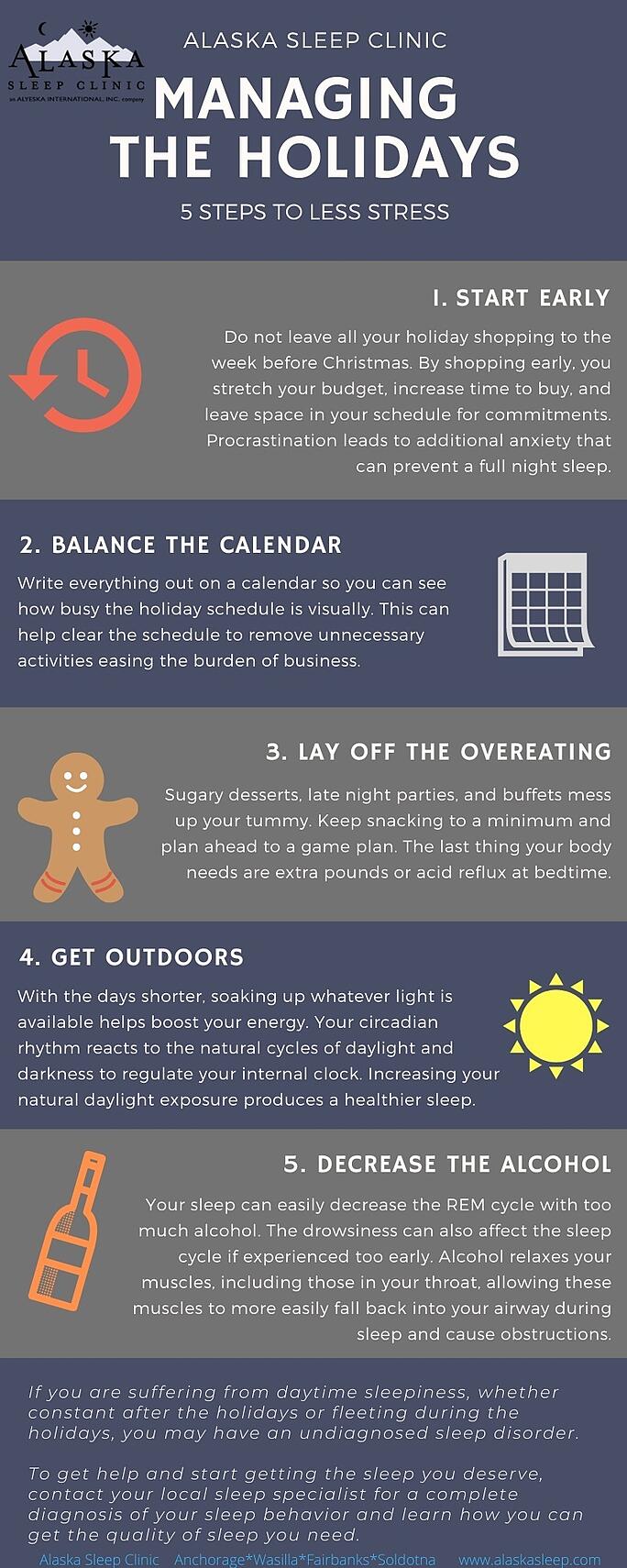Sleep Deprivation:Chapter 4
Chapter 4
Effects of Sleep Deprivation
The Comprehensive Guide to Sleep Deprivation: Causes, Symptoms, and Treatment – Yoo Health
Sleep deprivation can have a very negative effect on the mind and body, including the way in which it functions and processes information. It can prevent the body from boosting and building the immune system, and even stop it from producing more cytokines to fight infection. What this means is that it can take longer to recover from an illness or infection, but can also increase your risk of contracting a chronic illness.
It can also result in an increased risk of new and advanced respiratory diseases, which could prove problematic when combined with a lowered immune system. Sleep helps the heart vessels to heal and repair themselves, as well as ensuring that blood pressure and sugar levels are maintained, and that inflammation is controlled. By not sleeping enough, these processes are slowed, and the risk of cardiovascular disease is increased.
Body weight can also be affected by a lack of sleep, as the two hormones that control the feeling of hunger and fullness (leptin and ghrelin) are negatively impacted by sleep loss. It can also cause the release of insulin into the body, increasing fat and sugar storage for a higher risk of contracting type 2 diabetes.
Insufficient sleep can also affect hormone production, including growth hormones and testosterone in men. While it may suppress growth hormones, it also boosts the number of stress hormones being released, leading to feelings of worry as well as an increased level of panic.
It should also be noted that sleep deprivation has also played a key role in some of the biggest disasters we have seen, as well as accidents that happen every day. Both the 1979 and 1986 nuclear incidents were caused by sleep deprivation, and these are situations that cost lives.
Similarly, a lack of sleep is a massive public safety hazard on the road, and there are accidents every day. This is because drowsiness can cause a slow reaction time that is similar to when you are driving drunk. It is estimated that fatigue when driving is the cause of 100,000 car crashes and 1550 car accident deaths every year in the USA. It is a problem that is greatest amongst those who are under the age of 25.
Studies also show that sleep loss, or poor quality sleep, is related to accidents and injuries that are caused in the workplace. Employees who felt excessive daytime sleepiness had a significantly higher number of work accidents, and many of them were repeated. It should also be noted that they needed more sick days for each accident in order to recover as well as workers that were not sleep deprived.




